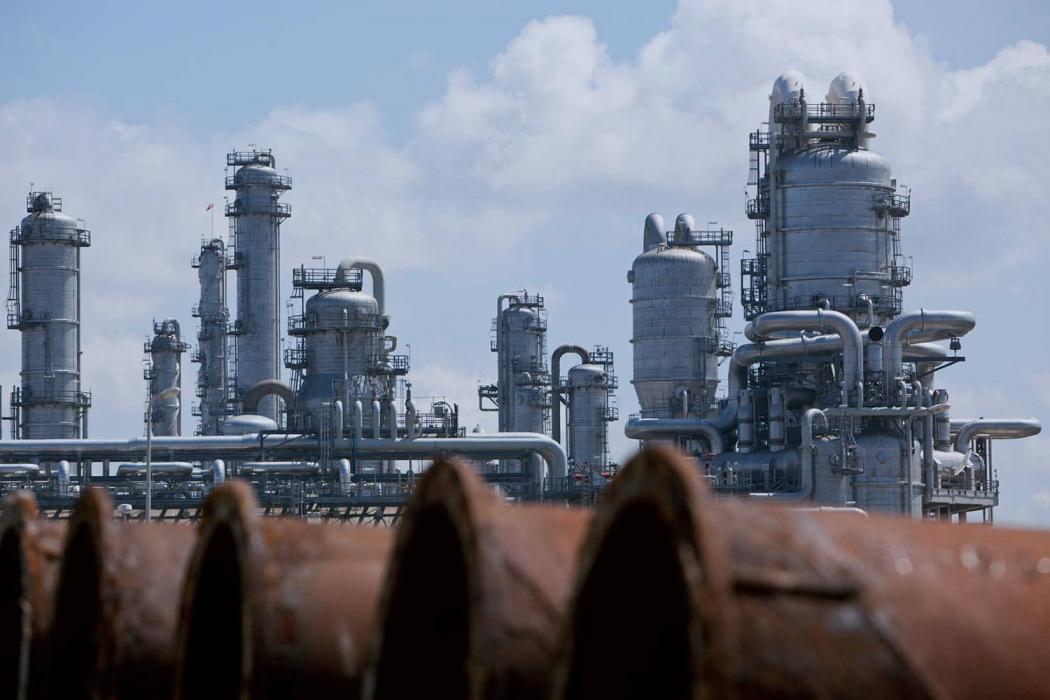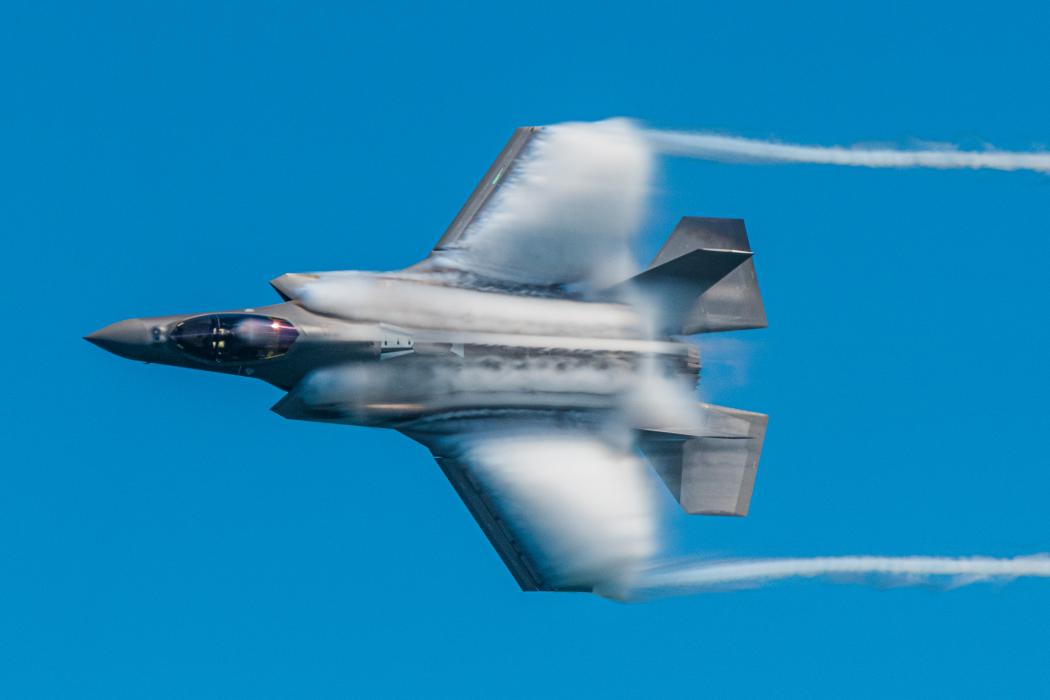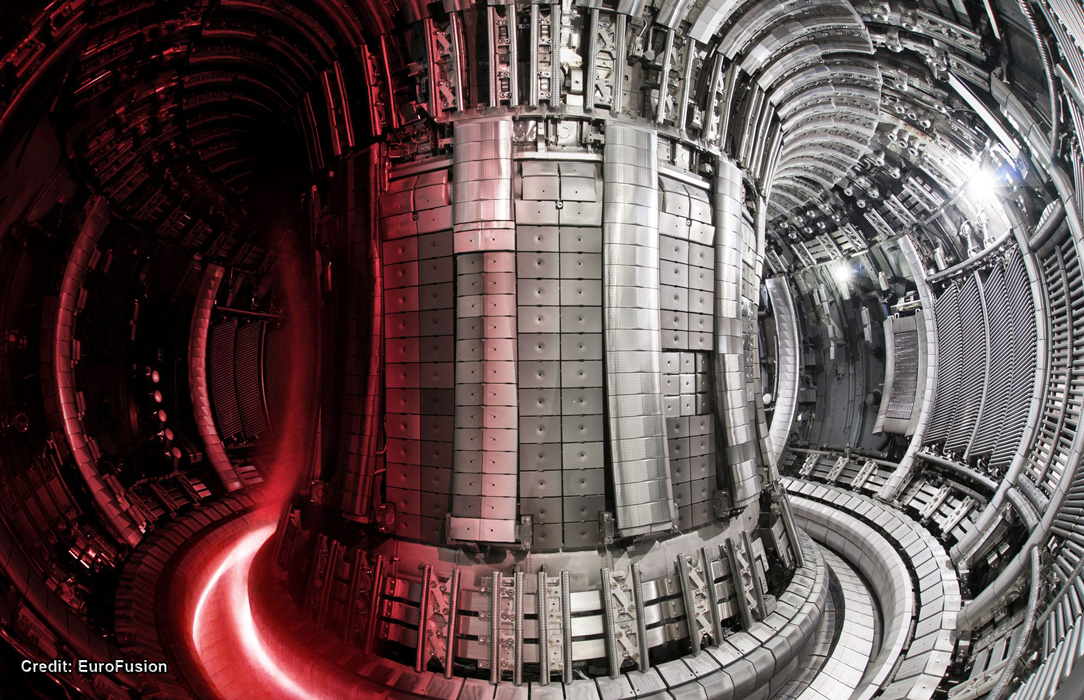What is a DTI washer?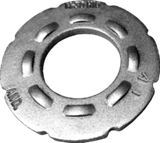
A DTI washer is a specialty load indicating washer which contains little arches on the washer surface that flatten when installed to the correct tension.
The ASTM describes as “capable of indicating the achievement of a specified minimum bolt tension in a structural bolt and are intended for installation under either a bolt head or a hardened washer”.
How It Works
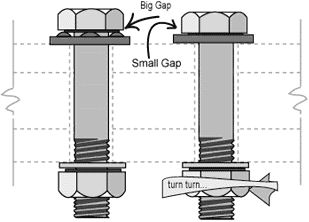
As a fastener is tightened, the arch-like protrusions are compressed and the change in distance between the base of the DTI washer and the protrusion apex. By inserting a feeler gage in the small gap left by the flattened arches you
can measure the distance between the bolt head and washer. This will therefore verify the tension by comparing the value to manufacturer's instructions.
At Extreme Bolt & Fastener DTI washers are availabe in most of our speciatly alloys and can be produced specifically for the cusotmers desired tension level.
Why is a DTI washer important?
Tension holds a bolt in place. Having the right tension on the bolt is critical to correct installation. If the bolt tension is too tight it can cause the threads strip or the bolt to break – too weak can cause the bolt to loosen and become unstable. Many people try to ensure proper installation by measuring torque, yet the same torque, applied to the same bolts, out of the same box will result in varying tensions. In fact, a brand new bolt will require +/-40% torque to achieve the same tension as another new bolt out of the same box. To get the bolt properly secure, you must have the right tension – not torque!
Difference between Torque and Tension
Torque is simply the effort (force) you apply to turn the bolt in place. When you apply the torque to the bolt, it stretches the threads of the bolt and nut together and pitches the material in between. This “stretch” or elongation of the threads is called tension. It is tension that holds the nut and bolt it in place. Tension is critical in securing a bolt properly.





